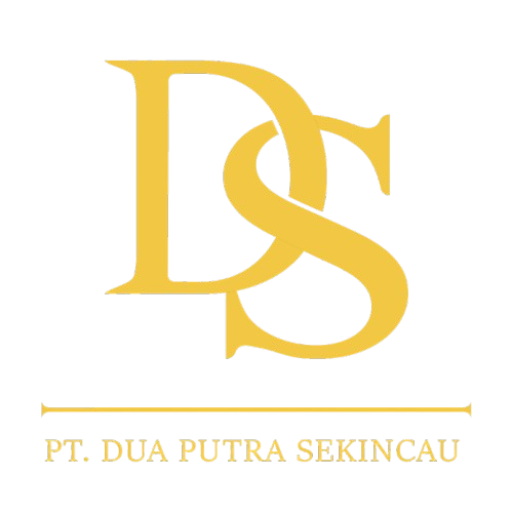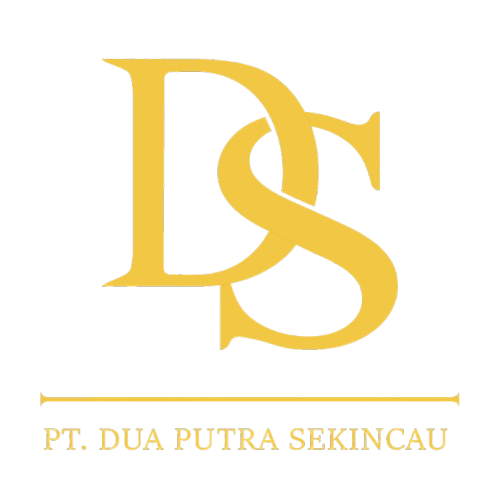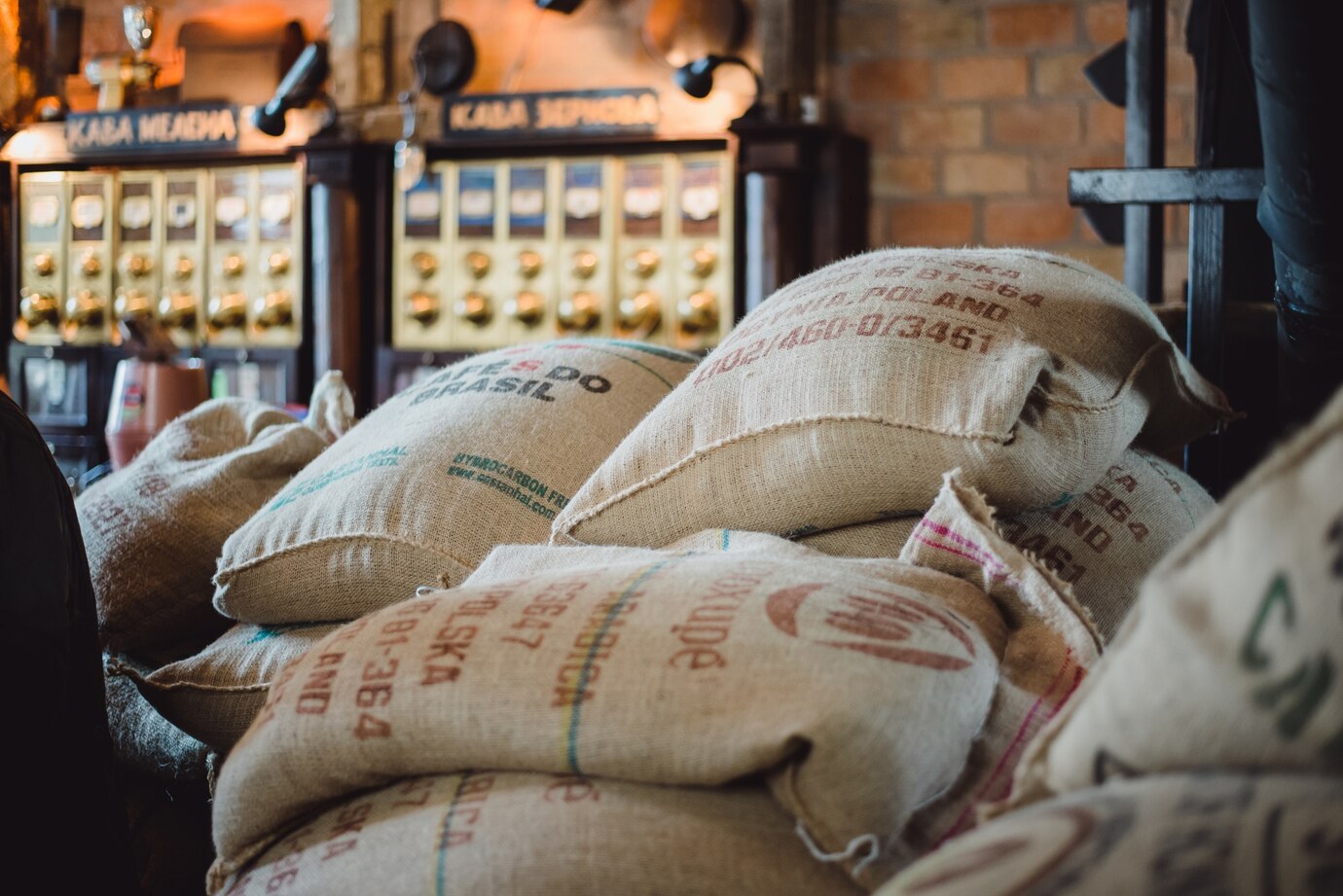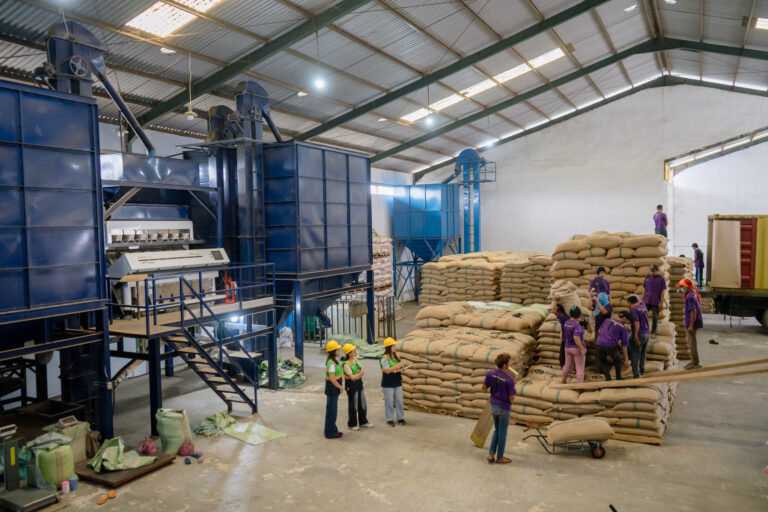Jakarta, Indonesia – Indonesia’s coffee export opportunities to the European market are considered very large, but have not been fully utilized optimally by business actors. Despite being one of the largest coffee producers in the world, Indonesia only accounts for around 4% of total EU coffee imports, far below Brazil which dominates up to 31%.
According to the Indonesian Coffee Exporters Association (AEKI), this low market penetration is due to the fact that many business players still do not understand the procedures and technical requirements for coffee exports thoroughly. In fact, demand for coffee from the European region continues to increase, with consumption of more than 2.4 million tons per year and the habits of Europeans who consume an average of four cups of coffee every day.
Legal and Administrative Requirements Must Be Fulfilled
To be able to export coffee, companies must first be registered as Registered Coffee Exporters or Temporary Coffee Exporters through the Ministry of Trade. In addition, business actors must also have a trade business license, Business Identification Number, and Coffee Export Approval Letter issued by the local trade office. Another important document is the Certificate of Origin, which is a key requirement for obtaining preferential tariffs under trade schemes such as the Generalized System of Preferences or CEPA between Indonesia and the European Union.
Strict European Food Quality and Safety Standards
Coffee products to be exported to Europe are required to meet strict quality and food safety standards. Certifications such as HACCP, ISO 22000, and international food safety systems such as BRC or FSSC 22000 are required for products to be accepted in the market. Product labels must also comply with EU regulations, including complete information such as content, caffeine percentage, and allergy warnings when necessary. In addition, exporters are also encouraged to obtain sustainability certifications such as Rainforest Alliance, Fair Trade, or organic certification. The European market’s demand for coffee that is environmentally friendly and considers the welfare of farmers continues to increase.
New European Regulations: Deforestation and Traceability of Origin
It should be noted that the European Union is now enforcing new regulations related to deforestation. Coffee products entering the European market must come from non-deforested land after December 31, 2020. This regulation also requires exporters to have a transparent traceability system that is free from human rights violations and labor exploitation.
The cost of auditing and certification to fulfill this regulation is a challenge, especially for small and medium-scale exporters. However, this regulation is considered important to maintain the sustainability of the global coffee industry.
Technical Stages of Export: From Packaging to Shipping
Technically, exporters must also ensure product quality through the sorting process, airtight packaging, and safe storage. All export documents such as invoices, packing lists, bills of lading, and phytosanitary certificates must be prepared in full for a smooth process at the port and customs.
Negotiations with international buyers must also be conducted professionally, including price agreements, payment methods, and delivery schemes (FOB or CIF). Exporting coffee to Europe is not just about selling products, but also about meeting all aspects of legality, quality, sustainability, and complex regulations. With the right preparation and understanding, Indonesian coffee businesses have a great opportunity to improve their competitiveness and expand their market to Europe.
The government through various ministries and trade agencies also continues to encourage export training and assistance so that Indonesian coffee can compete more strongly on the international stage.





